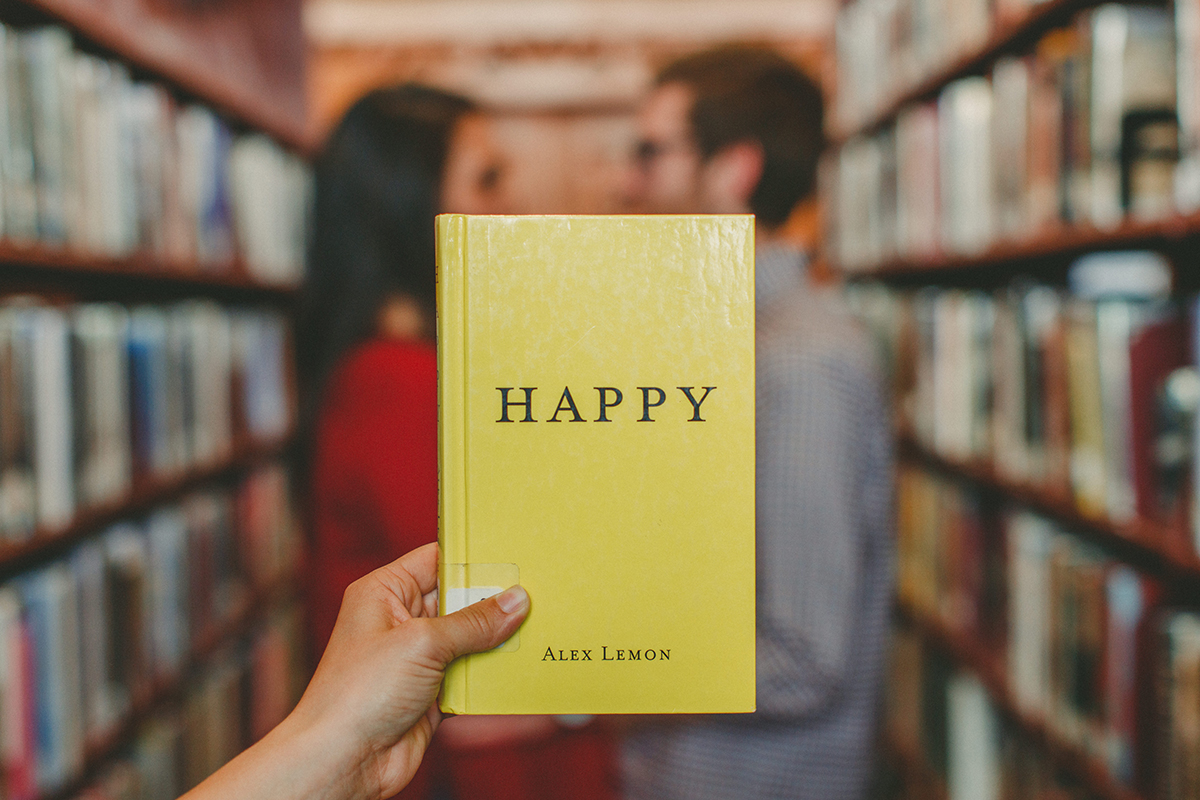
A study has found that people who read self-help books are more sensitive to stress and show depressive symptoms. Are the books to blame? …
Self-help books and stress
Consumers of self-help books are more sensitive to stress and show higher depressive symptomatology (set of symptoms).
This is according to a study by the CIUSSS de l’Est-de-l’Île-de-Montréal (Institut universitaire en santé mentale de Montréal) and the University of Montreal.
“The sale of self-help books generated over $10 billion in profits in 2009 in the US, which is a good reason to find out if they have a real impact on readers,” said Sonia Lupien, Director of the Centre of Studies on Human Stress (CSHS).
Studying groups of readers
Researchers recruited 30 participants, half of whom were consumers of self-help books. The team measured the participants stress reactivity (salivary cortisol levels), openness, self-discipline, extroversion, compassion, emotional stability, self-esteem and depressive symptoms.
“…The best predictor of purchasing a self-help book is having bought one in the past year… Logically, if such books were truly effective, reading just one would be enough…”
The group of self-help book consumers was itself divided into two types of readers: those who preferred problem-focused books (e.g. Why Is It Always About You? or How Can I Forgive You?: The Courage to Forgive, the Freedom Not To) and those who preferred growth-oriented books (e.g. You’re Stronger Than You Think or How to Stop Worrying and Start Living).
The results showed that consumers of problem-focused self-help books presented greater depressive symptoms, while consumers of growth oriented self-help books presented increased stress reactivity, compared to non-consumers.
Are self-help books to blame?
Does the reading of self-help books increase the stress reactivity and depressive symptomatology of self-help readers or are they more sensitive to stressful situations?
It is difficult to determine the cause of this observation.
“Further research will help us learn more,” according to Lupien. “Nevertheless, it seems that these books do not produce the desired effects. When we observe that the best predictor of purchasing a self-help book is having bought one in the past year, it raises doubts about their effectiveness. Logically, if such books were truly effective, reading just one would be enough to solve our problems,” said the researcher at the Institut universitaire en santé mentale de Montréal.
For this reason, she encourages people to rather consult books that report scientifically proven facts and are written by researchers or clinicians affiliated with recognised universities, health care facilities, or research centres.
“Check your sources to avoid being disappointed. A good popular science book doesn’t replace a mental health professional, but it can help readers better understand stress and anxiety and encourage them to seek help,” concludes Lupien.
Source: Université de Montréal via Sciencedaily.com

